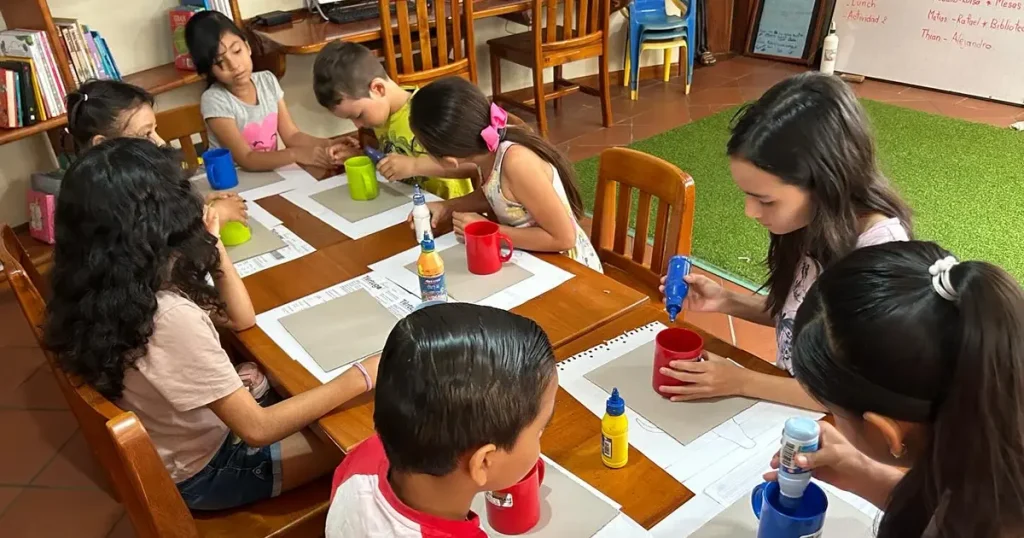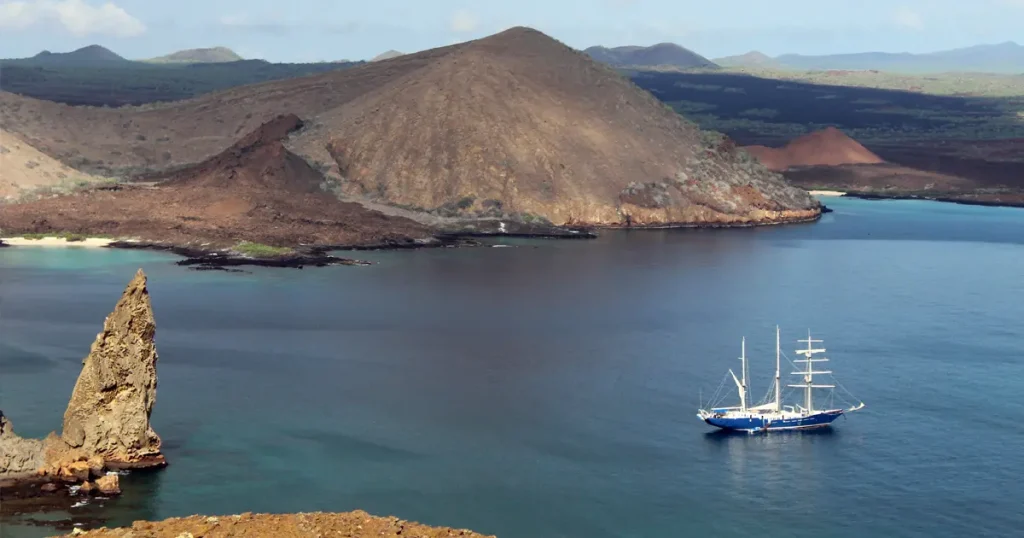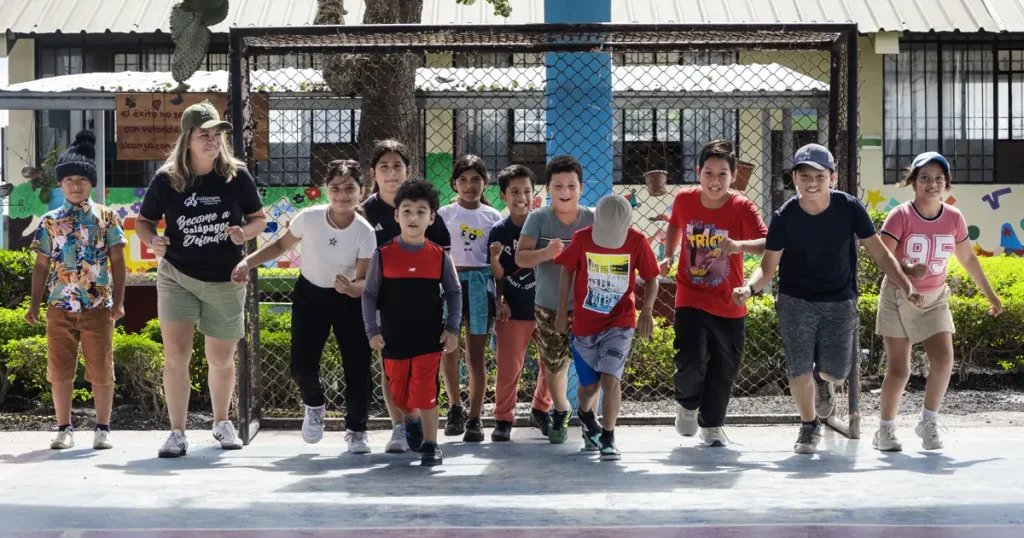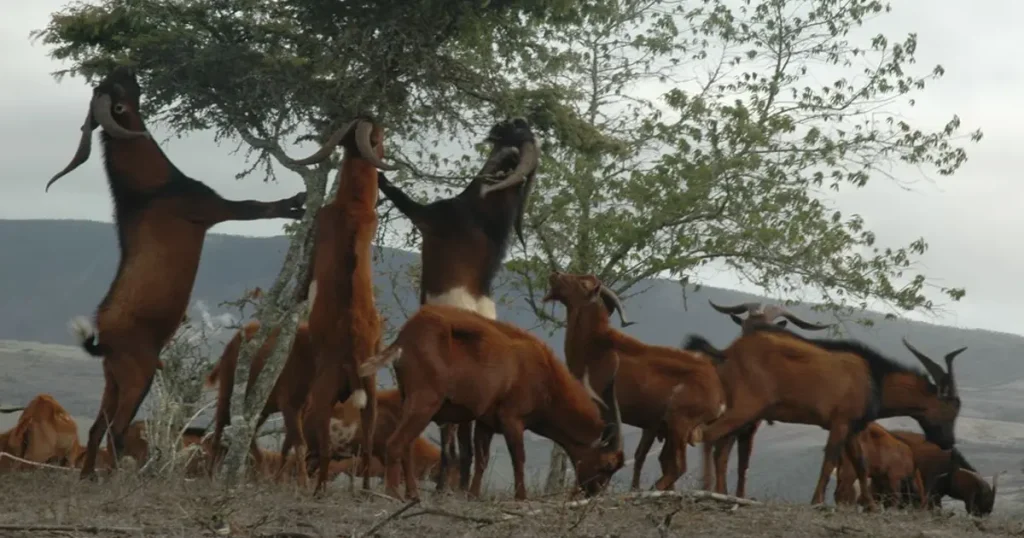The Power of Citizen Science
“Where have all the birdlets gone?” was the provocative and slightly plaintive title of an email I received last year from Godfrey Merlen. Many of you know Godfrey’s decades of experience in Galapagos as a naturalist, scholar, and voice (many would say conscience) for conservation in the islands. So the email caught my attention as did its plea for anecdotal information about the presence/absence of vermillion flycatchers in the highlands of Santa Cruz Island. Comments trickled in from various corners reporting that a range of observers had noticed a decline in sightings over the years, but that these observations didn’t necessarily generate concern or action.
In the years that I have worked with scientists in Galapagos, I note they are measured in their use of anecdotes, preferring to make observations with robust data behind them. What was refreshing, and later proved to be deeply compelling, was Godfrey’s confidence in making an observation, mulling it over, reaching out to a large community for confirmation, and seeing what resulted. In administrative review parlance, we might call it “kicking the tires.” And we are very glad that Godfrey started kicking.
Through a small grant from Galapagos Conservancy, Godfrey was able to do some basic library research to add to his own observational data. He wrote “… It really seems that San Cristobal has lost the species, although David Steadman seems to have seen it prior to 1988. Last seen on Floreana three years ago, declining on Santa Cruz. We must not stand by and see these declines, especially since the various populations are the essence of evolutionary processes.”
Several thoughts come to mind as we consider Godfrey’s words. One is the power of observation. Charles Darwin and Benjamin Franklin were practitioners of this “amateur” or public participation in date gathering and analysis. There is more than enough room in scientific pursuit to invite and encourage keen analysis by engaged observers. Another is the fragility of species on our planet, especially as our wild places grow more imperiled. Why species are disappearing is complex, but that they are disappearing, is unconscionable. Today we mark “Endangered Species Day” in the US, a regrettable date to note. And another is the inescapable, interconnected nature of our world. Systems depend on each other and nowhere is that more clear than in Galapagos. Not just our biological systems, but human systems, and the informational systems, formal and informal, which have come together to help answer Godfrey’s provocative question.
Recently, he wrote, “I am working in the library and it definitely seems the Warbler Finch has kicked the bucket on Floreana. Peter Grant took up the subject a while back and nobody took much notice of that!” We are taking notice. And we are counting on our community to help us act swiftly and effectively. We will continue to help our friends and colleagues in Galapagos respond to negative trends in all species in Galapagos. We will work to save those remaining birdlets from extinction. And we hope to have you with us as we do.



